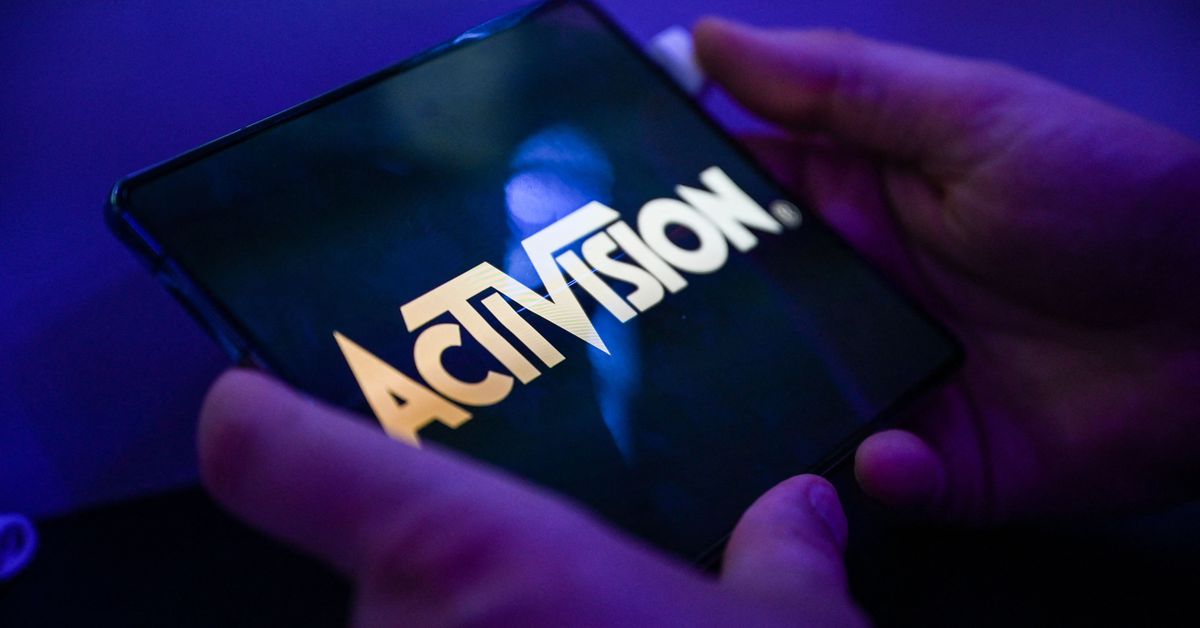Amber La Macchia was primed to deal with crunch before she even got into the video game industry — something she heard over and over again five years ago while studying game design in college.
The practice of the crunch — a word used by gaming industry workers to describe brutal overtime hours — is well-documented at several video game studios. You’ll be hard pressed to find a developer who hasn’t experienced it at least once. The industry has started anticipating crunch to better understand how badly it hurts both workers and video games; Studios like Rockstar Games, Activision Blizzard, CD Projekt Red, Lego Star Wars: The Skywalker Saga Developers TT Games, Epic Games and many more have been criticized for the practice. But has the industry changed in response to this public scrutiny? It begins with workers resisting the practice and refusing to compromise their health and safety at work.
La Macchia, a senior QA tester at Activision, is one of those employees. This week she is at the Department of Labor’s Workers’ Voice Summit in Washington, DC, where she is a representative of the video game industry and specifically Communications Workers of America’s efforts to make the industry more equitable for workers.
La Macchia speaks to government officials during the three-day conference, educating them about the health and safety risks associated with crunch.
“The video game industry is brand new, at least compared to many other industries in the United States,” La Macchia told Polygon. “OSHA is not very present when it comes to health and safety [in the video game industry]. One of the big things I would like to see done is proper screening, health and safety training and regulation.”
Instead of taking on crunch business after business, industry regulation could fundamentally change the way companies operate.
Workers from a variety of industries are present at the conference, and La Macchia said their concerns are often very similar across industries – just different names for similar issues. The way workers are affected by harsh working conditions is also similar: these problems come with a real risk to physical and mental health, and La Macchia emphasizes this to officials as well.
Of course, this isn’t the industry’s first contact with OSHA. In 2016, the Screen Actors Guild (SAG) asked California regulators to investigate the industry’s treatment of voice actors, claiming that unsafe work damages actors’ vocal cords. Crunch could soon be studied in a similar way.
“There’s this perception that crunch is necessary and inevitable or that it’s weird to complain about crunch in the face of other injustices — like it’s a minor issue — but crunch ruins lives,” La Macchia said. “As a very young industry, we don’t have to deal with that and because it’s a young industry, things are not set in stone.”
She continued: “We hardly have any established standards. Obviously they have mistakes and it needs to be corrected. This is one of them. Crunch not only affects the livelihood of workers, but also affects the quality of the product and the culture of a company. I don’t see why anyone would object to eliminating crunch no matter where they sit.”
correction: A previous version of this story misnamed the Department of Labor and has since been updated.








